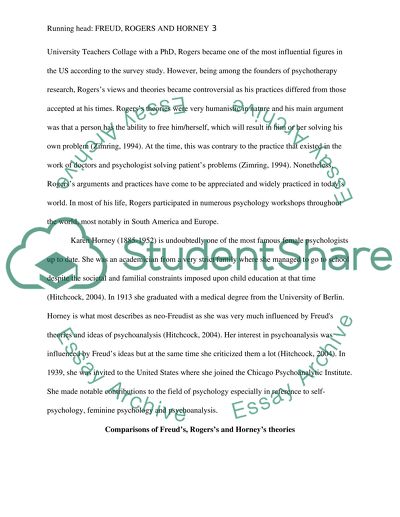Cite this document
(“Freud, Rogers and Horney Term Paper Example | Topics and Well Written Essays - 1000 words”, n.d.)
Freud, Rogers and Horney Term Paper Example | Topics and Well Written Essays - 1000 words. Retrieved from https://studentshare.org/psychology/1435957-a-comparison-paper-on-frued-and-carl-rogers-and
Freud, Rogers and Horney Term Paper Example | Topics and Well Written Essays - 1000 words. Retrieved from https://studentshare.org/psychology/1435957-a-comparison-paper-on-frued-and-carl-rogers-and
(Freud, Rogers and Horney Term Paper Example | Topics and Well Written Essays - 1000 Words)
Freud, Rogers and Horney Term Paper Example | Topics and Well Written Essays - 1000 Words. https://studentshare.org/psychology/1435957-a-comparison-paper-on-frued-and-carl-rogers-and.
Freud, Rogers and Horney Term Paper Example | Topics and Well Written Essays - 1000 Words. https://studentshare.org/psychology/1435957-a-comparison-paper-on-frued-and-carl-rogers-and.
“Freud, Rogers and Horney Term Paper Example | Topics and Well Written Essays - 1000 Words”, n.d. https://studentshare.org/psychology/1435957-a-comparison-paper-on-frued-and-carl-rogers-and.


